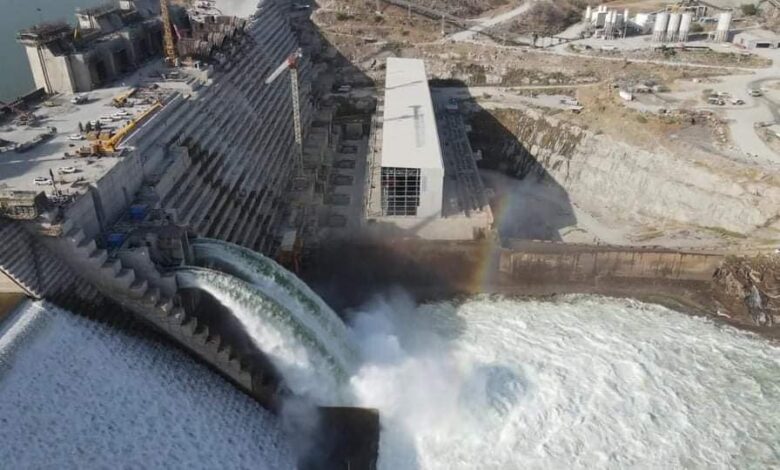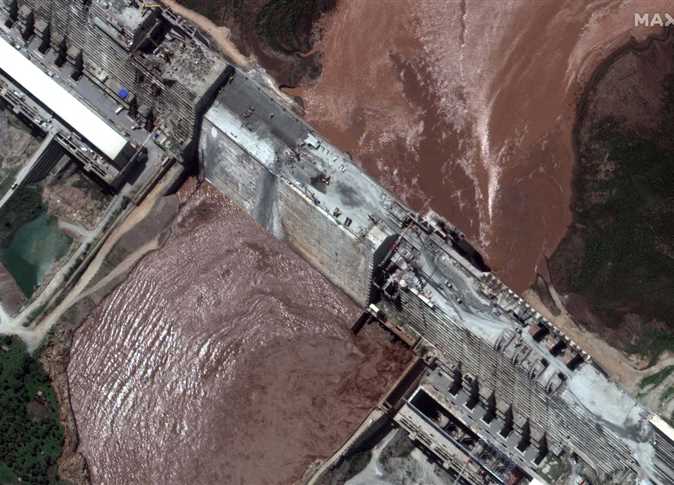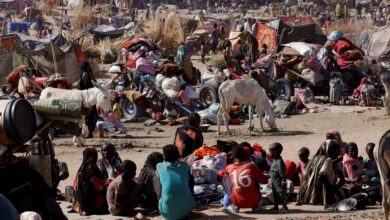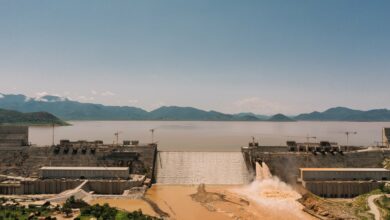
Ethiopia’s actions continue to pose risks to Egypt and Sudan, warned Egyptian Minister of Irrigation and Water Resources Mohamed Abdel-Aty said on Friday.
This came during Abdel-Aty’s speech via video-conference, in a high-level session entitled: “Water Security in the Framework of Climate Change” held on the sidelines of this year’s UN Climate Change Conference – COP26, sponsored by the University of Glasgow in the United Kingdom.
He affirmed that Egypt is not against any development in the Nile Basin countries and has supported many projects that are being implemented on the ground.
Recent studies have raised many question marks about the safety of the Grand Ethiopian Renaissance Dam (GERD) he said, at a time when reassurance about the safety of the dam is a legitimate requirement for the two downstream countries.
He stated that the absence of a just and legally binding agreement to fill and operate the dam, and to manage it unilaterally, has damaged the downstream countries – Egypt and Sudan.
Egypt has even agreed to establish many dams in the Nile Basin countries, such as the Owen reservoir in Uganda, which Egypt financed, and many dams in Ethiopia, such as the Tekeze, Chara Chara, and Tana Beles dams.
Cairo had suggested to Ethiopia several scenarios that ensure the ability of GERD to generate electricity by up to 85 percent in the most severe cases of drought, he added.
Water scarcity on topic of climate change have made Egypt’s water management much more difficult, he explained, and thus is its sensitive towards all unilateral projects implemented in the Nile Basin countries.
The minister reviewed the great disparity in the volume of water resources in Egypt and other upstream countries, as Egypt depends on the Nile for up to 97 percent of its water needs – while upstream countries enjoy great water abundance as the amount of rain falling on the tributaries of the Nile reach between 1600 and 2000 billion cubic meters annually.
Furthermore, Ethiopia has 12 other rivers.
Abdel-Aty continued, explaining that these countries own tens of millions of feddans that are irrigated by rain, and in return Egypt takes a huge burden to make use of every drop of water and has prepared a strategy for water resources until 2050 while developing national plan for water resources until 2037 at a cost of up to US$50 billion – expected to rise to $100 billion.




